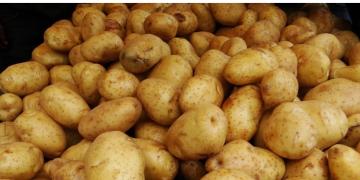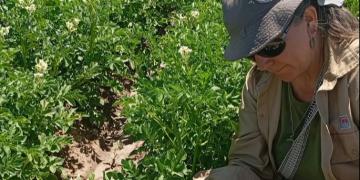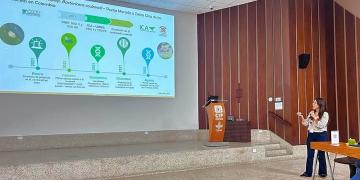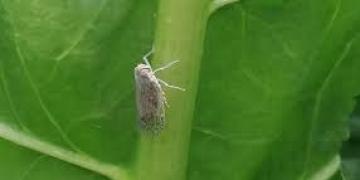EU: Growers dealt body blow as Brussels bans more pesticides
A ban on key pesticides looks set to remain after Brexit, frustrating growers despite repeated government pledges to “take back control” once the UK has left the European Union.
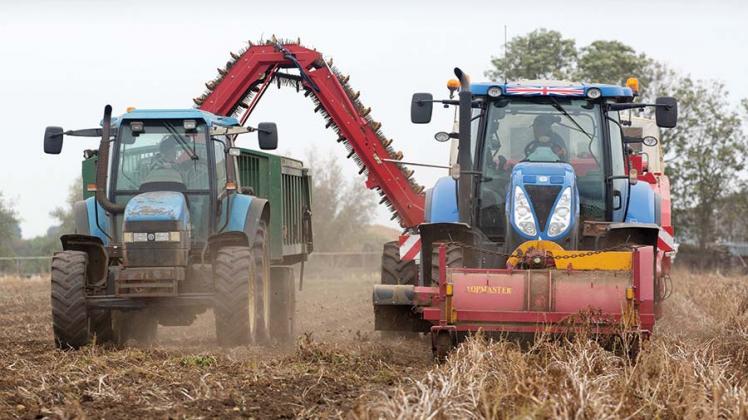
It follows an EU decision to withdraw approval for three plant production products.
In a separate development, the UK government refused to grant emergency permission for British growers to use a fourth product already banned by Brussels (see box, below).
The EU Commission this week confirmed it was withdrawing approval for diquat – a major herbicide used as a desiccant by potato growers.
It cited the high risk of farm workers, bystanders and residents to diquat, as well as a high risk posed to birds.
Implications
Approval was withdrawn at the same time for the fungicide thiram – an important seed treatment for sugar beet and oilseed rape; and pymetrozine, which controls peach potato aphid and other aphid species that spread virus in seed/ware potato crops.
Brussels has proposed a market withdrawal date for diquat of 4 May 2019, with a use-up period for growers until 4 February 2020.
It wants thiram withdrawn by 30 January 2019 and pymetrozine gone three months later, with neither product used after 30 January 2020.
Farm leaders voiced dismay at the decision. NFU senior regulatory affairs adviser Chris Hartfield said: “New research and risk assessments have shown the herbicide and crop desiccant diquat can be used safely – but this information wasn’t used in the commission’s assessment.”
Losing diquat had big implications for UK potato growers, said Dr Hartfield.
“It is much more effective than other available alternatives. As well as stopping disease spread, it also allows for accurate harvest planning and helps ensure the production of high-quality potatoes.”
UK position
Products containing diquat include desiccant Reglone.
Mark Britton, UK potato manager for manufacturer Syngenta, said: “We have fought hard to defend diquat – we stand by our products and science and maintain that the withdrawal of diquat approval is not justified.”
The UK Chemicals Regulation Division of the Health and Safety Executive is yet to confirm the use-up periods for UK growers.
But the government has already said it will continue to abide by EU rules until 31 December 2020 in a bid to secure an orderly Brexit on 29 March 2019.
In the event of a no-deal Brexit, which the government insists is unlikely, the UK would establish its own independent regime for plant protection products, with all decision making repatriated from the EU to the UK.
The EU Withdrawal Act ensures there will be no change to policy, according to Defra guidance published this week – although secondary legislation is being prepared to make some technical corrections so the regime can operate in a domestic setting.
But a Defra spokesperson said: “Since diquat’s EU approval has been removed, it will not be approved for use in the UK after EU Exit. This position would be the same in a ‘no deal’ scenario.”
Fuente: fwi.co.uk

